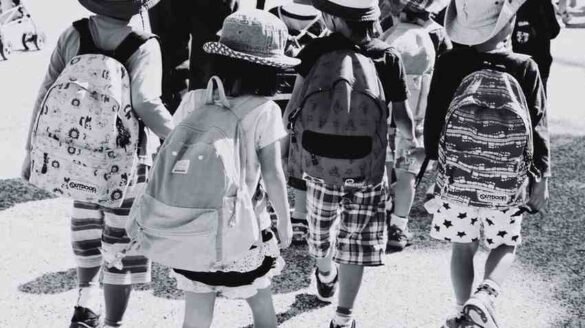Chicago’s immigrant communities are witnessing a troubling rise in school absences as families grapple with fear amid ongoing federal immigration enforcement operations. In several neighborhoods with high immigrant populations, attendance rates have fallen sharply in recent weeks, leaving educators alarmed about the long-term impact on students’ education and emotional well-being.
At one high school in the city’s southwest side, attendance dropped by nearly four percentage points within a month—a decline nearly triple the citywide average, according to district data. The drop is particularly pronounced among English learners and recently arrived students, many of whom come from mixed-status families. Teachers and principals say parents are increasingly hesitant to send children to school, worried that Immigration and Customs Enforcement (ICE) raids could occur while they are away from home.
“Families are terrified,” said one Chicago Public Schools (CPS) counselor who asked not to be named. “We’ve had parents call and ask if agents could come to schools. They’re keeping their kids home just to feel safe.”
School officials have been working to reassure families that campuses remain safe spaces, legally off-limits to immigration enforcement. CPS has issued statements emphasizing its “Safe Haven” policy, which prohibits federal agents from entering school grounds without proper warrants. Yet despite these assurances, attendance among English learner students continues to slide, widening existing academic gaps.
Community leaders say the chilling effect of the crackdown extends beyond schools. Attendance at after-school programs, clinics, and community events has also fallen as families retreat from public life. Advocates warn that this fear-driven withdrawal could have lasting effects on children’s education, mental health, and integration into American society.
“This isn’t just an immigration issue—it’s an education crisis,” said Maria Torres, director of a local advocacy group. “When kids miss school because of fear, it sets them back in every possible way.”
As Chicago balances federal directives with community welfare, educators and advocates are urging compassion, transparency, and stronger communication with immigrant families. Without it, they warn, a generation of children may pay the price for a climate of fear they did not create.

